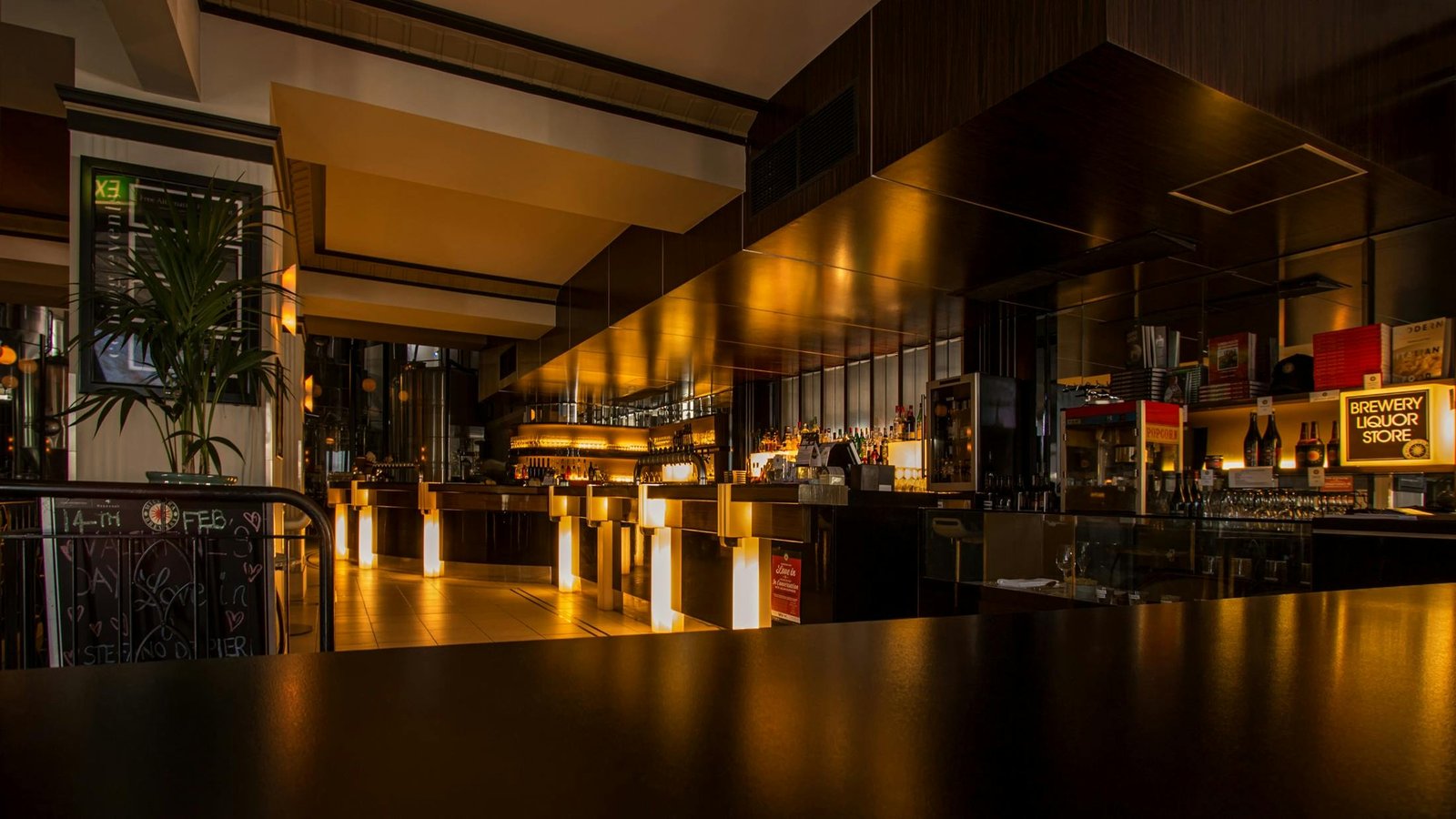Securing Hospitality contracts in London whether in catering, housekeeping, event staffing, or venue services has become increasingly competitive. Success requires a strategic approach, proper documentation, and an understanding of the local market.
This guide explores the steps businesses can take to position themselves as ideal partners for public sector bodies, educational institutions, and private enterprises, ensuring higher chances of winning contracts.
1. Understand the London Hospitality Market
London’s hospitality sector spans:
- Hotels and corporate venues
- Catering services for schools, universities, and government agencies
- Event management and staffing
Major players like Compass Group plc dominate the foodservice contract space, generating over £42 billion in revenue with more than 580,000 employees in 2024.
However, small and medium enterprises (SMEs) can thrive by aligning with policies such as the Procurement Act 2023 and new public procurement regulations effective February 2025. These policies emphasize social value, accessibility, and SME participation.
2. Monitor Tender Opportunities Strategically
Public Sector Contracts
Contracts for hospitality services are advertised on various platforms:
- Contracts Finder (England): For contracts worth £12,000–£139,000
- Find a Tender (above £139,688): Updated platform simplifies multi-tender applications
- Regional portals for Wales, Scotland, and Northern Ireland
Hospitality Market Tools
Use niche platforms for tailored opportunities:
- Hospitality Tenders
- Stotles
- Other tender portals specializing in catering, venue, and event services
These services offer curated alerts, market trends, and open opportunities, helping streamline the bidding process.
3. Prepare a Winning Bid Strategy
Essential Pre-Qualification Documents (PQQ, SQ)
Before submitting full tenders, provide:
- Company credentials and operational capacity
- Health & safety compliance certificates
- Insurance documentation
- References and case studies
Craft a Tailored Proposal (ITT / RFP)
Effective bids should:
- Be customized to client needs
- Highlight unique value propositions clearly
- Use a structured, easy-to-read format: executive summary, methodology, and pricing
Demonstrate Social Value & Sustainability
Contracts increasingly reward businesses that:
- Create local employment opportunities
- Promote environmental sustainability
- Support community engagement
- Uphold diversity and fair employment practices
4. Use Expert Tender Writing Support
Professional consultants can help:
- Design visually appealing and content-rich proposals
- Offer bid-writing templates and mentorship
- Increase the success rate for smaller or less experienced businesses
While consulting costs vary, the investment often leads to higher chances of winning contracts.
5. Offer a Unique & High-Quality Service
Specialized Hospitality Solutions
Highlight services tailored for London clients:
- Corporate events and government functions
- University and student dining
- High hygiene standards and post-pandemic safety measures
- Digital solutions such as QR ordering, mobile feedback, and cashless payments
Track Record & Demonstrable Experience
Strong portfolios featuring:
- NHS or university contracts
- Large-scale event catering
- Hotel housekeeping and concierge services
Testimonials and references significantly enhance credibility.
6. Leverage Networking & Industry Presence
Join Hospitality Associations
Membership in groups like the British Hospitality Association (BHA) provides:
- Policy updates and networking events
- Brand credibility in proposals
LinkedIn & Local Networking Events
- Maintain an active LinkedIn presence showcasing expertise
- Attend industry shows such as The Caterer, The Hospitality Show, and ExCel Foodservice Cateys
7. Navigate SME-Friendly & Framework Buying Models
Apply to Procurement Frameworks
Pre-approved supplier lists like CCS, Pagabo, and HealthTrust expedite procurement but may include fees up to 11% of contract value.
Benefit from SME-Friendly Policies
The Procurement Act 2023 encourages local SMEs and social enterprises, reducing barriers to entry for smaller hospitality businesses.
8. Smart Pricing & Value Proposition
- Align pricing with industry norms while highlighting added value
- Clearly outline cost efficiencies, bundled services, or tax advantages
- Use transparent, structured pricing: unit costs, contract length benefits, optional add-ons, and emergency coverage
- 9. Submit & Follow Up Professionally
- Submit bids before deadlines; late submissions are disqualified
- Follow up politely and professionally
- Use “Tender Improvement” feedback to refine and resubmit if necessary
10. Post-Contract Execution Strategy
Winning a contract is only the beginning:
- Ensure smooth onboarding and service delivery
- Collect testimonials, logos, and case studies
- Use feedback to strengthen future bids and demonstrate credibility
Conclusion
Securing hospitality contracts in London requires a strategic approach, robust documentation, and strong market knowledge. By understanding tender opportunities, crafting compelling proposals, and demonstrating social value and high-quality service, businesses can position themselves as preferred partners for public and private contracts.
Leveraging networking, SME-friendly policies, and smart pricing ensures long-term success in London’s competitive hospitality sector.
Frequently Asked Questions (FAQ)
1. What types of hospitality contracts are available in London?
Contracts include catering, housekeeping, venue management, event staffing, and corporate services across public and private sectors.
2. How can SMEs improve their chances of winning contracts?
Align with Procurement Act 2023 guidelines, highlight social value, use tender writing support, and join procurement frameworks for pre-approved supplier lists.
3. Which platforms advertise public sector hospitality tenders?
- Contracts Finder for England
- Find a Tender for high-value contracts
- Regional portals for Wales, Scotland, and Northern Ireland
- Niche platforms like Hospitality Tenders and Stotles
4. What should a winning bid include?
A strong bid includes: company credentials, health & safety compliance, insurance, references, clear methodology, pricing, and social value initiatives.
5. How important is networking in securing contracts?
Networking builds credibility, provides policy updates, and connects businesses with potential partners through industry associations, LinkedIn, and trade events.

